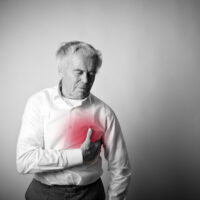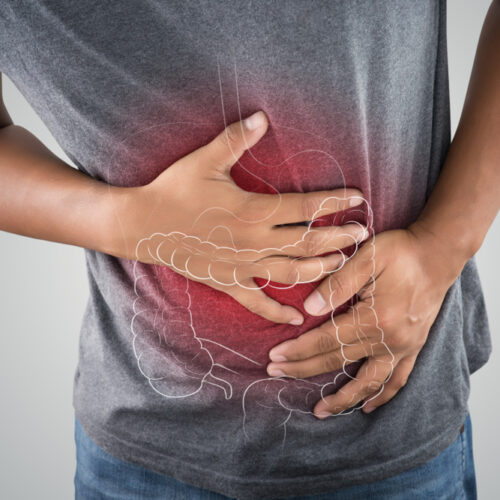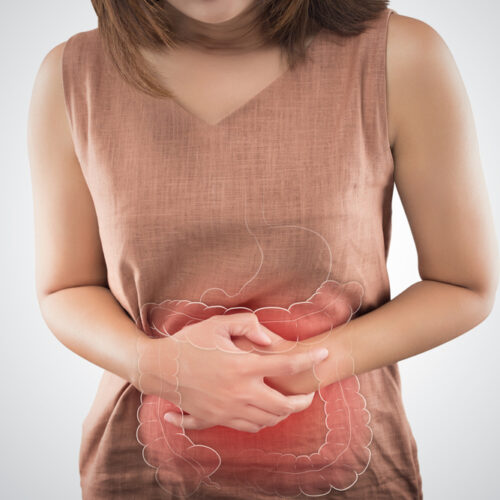An Overview Of Gas And Gas Pains
An overview of gas and gas pains
After eating a meal the belly often bloats. The meal feels like a rock sitting inside the belly. Additionally, in case an individual suffering from gas is out in public, he/she may feel the immense urge to burp or pass gas. Distention, gas, and bloating are unpleasant symptoms that one experiences occasionally.

Rest assured, the problem of gas is an extremely common issue that people suffer from. It might have more than a couple of reasons for its occurrence, including consumption of aerated drinks, gas-causing food items like cruciferous vegetables, beans, etc., and the fermentation of edibles in the small intestine.
Below is some information to shed light upon this common health issue.
What is gas?
- Gas in the digestive system is a normal process of digestion.
- Getting rid of excess gas by either burping or flatus (passing gas) is normal as well.
- Gas pain may develop if gas is nor moving smoothly through the digestive system or is trapped. Eating foods that are most likely to produce gas may increase gas and/or gas pain. Therefore, simple changes to one’s diet can ease the symptoms of excessive gas.
What are the symptoms of gas or gas pains?
Some of the common signs and symptoms of excessive gas or gas pains are:
- Burping – Belching or burping usually after having a meal or while having a meal is quite normal. A high amount of burping is caused by swallowing excessive air while eating and releasing it before allowing it to reach the stomach.
- Passing gas – Passing gas is a common symptom. Normally, most individuals pass gas up to 20 times through the day.
- Bloating – Bloating is the swelling of the belly. It is accompanied by the feeling of fullness. Bloating is commonly noticed either during or post a meal.
- Discomfort or pain in the abdominal region – When the gas in the body does not swiftly move through the intestinal region, one might experience pain or discomfort in the abdomen.
When to see a doctor for discomfort caused by gas?
Although having gas may be embarrassing or inconvenient, rarely, passing gas or burping is a sign of a medical problem. An individual must consult a doctor is he/she experiences persistent or severe gas pains and gas that interferes with his/her ability to perform daily activities. Gas pains or gas accompanied by certain other symptoms or signs may be indicative of a more serious medical condition. Therefore, one must visit a doctor if the individual experiences any of the following additional signs and symptoms:
- Bloody stools
- A change in the consistency of the stools
- A change in the frequency of the bowel movements
- Weight loss
- Diarrhea or constipation
- Recurrent or persistent nausea or vomiting
- Prolonged abdominal pain (immediate medical attention needed)
- Chest pain (immediate medical attention needed)
Which medical conditions increase gas?
Certain medical conditions can increase intestinal gas, gas pain, or bloating. These medical conditions include:
- Chronic intestinal disease- Often, excess gas is a symptom of chronic intestinal medical conditions like Crohn’s disease, diverticulitis, or ulcerative colitis.
- Constipation- If an individual is suffering from constipation, it may make it difficult to pass gas.
- Small bowel bacterial overgrowth- A change or an increase in the bacteria in the small intestine may cause weight loss, excess gas, or diarrhea.
- Food intolerance- If the digestive system is unable to break down and absorb certain foods, it may lead to bloating or gas. Common foods that lead to bloating or gas include proteins like gluten in grains and wheat or sugar in dairy products (lactose).











